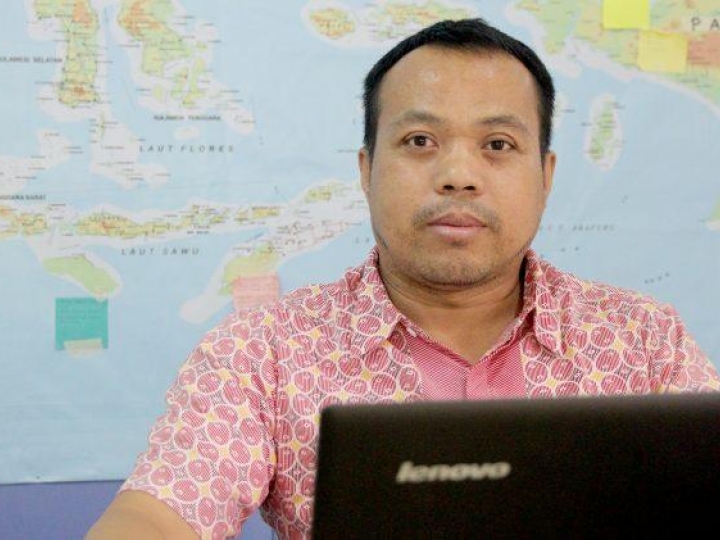Interview originally published by FORUM-ASIA. ELSAM is a human rights organization from Indonesia supported by NHRF since 2015. FORUM-ASIA is a partner for NHRF in our work to connect local human rights defenders with national and international mechanisms and networks for increased visibility and influence. Read the original here.
How did you become involved with human rights? And how did you become involved with FORUM-ASIA?
I was first introduced to human rights when I participated in a human rights course for lawyers held by ELSAM in 2001. During the two-week course, all human rights issues were discussed, including those occurring in Indonesia, which still remain problems. At the time, Indonesia was embarking on a process of reform in which human rights violations started to be addressed. From that experience, I started to get interested in deepening my knowledge on human rights issues.
I then joined ELSAM, an organisation which actively advocates for human rights in Indonesia, particularly in relation to modalities and mechanisms for revealing and settling cases of human rights violations.
ELSAM itself has long been involved in activities organised by FORUM-ASIA, especially initiatives related to advocacy for and with National Human Rights Institutions (NHRIs). Together with other Indonesian non-governmental organisations, ELSAM was involved in the formulation of reports and communication sent to the National Commission on Human Rights in Indonesia.
ELSAM’s involvement in FORUM-ASIA’s activities and programmes was encouraged by an idea to develop human rights advocacy networks, not only at the national level, but also the regional level. ELSAM has been sharing its own experiences in Indonesia, and learning about human rights advocacy strategies elsewhere, which can be contextualised in Indonesian. This kind of engagement with other peer organisations will add value to ELSAM’s advocacy works.
What motivated you to become involved? And has that motivation changed over the years?
My interest in human rights advocacy is motivated by a desire to contribute to the promotion of human rights, particularly in Indonesia. This effort is with the aim to advocate to the Indonesian Government and other stakeholders to develop and implement the policies which stand up for human rights.
My determination and desire to work on human rights have never changed. I would like to continue contribute to making Indonesia a country that regards human rights as an integral part of its being.
Please tell us one of the most inspiring moments for you in your work in the past?
One of my best experiences is when I joined the investigation team of the case of Wamena and Wasior in 2003-2004. To reach Wamena in Papua, I flew for the first time using a small plane and crossed the Jayawijaya Mountain. It was a good place to learn about rusticity and the struggle faced by people living in remote areas.
What do you experience as the main challenges as someone working on human rights? And how do you deal with such obstacles in your work?
The biggest challenge in human rights advocacy in Indonesia is to convince the Indonesian Government to establish policies and take measures pursuant to human right. We need to make extra efforts, such as intensive communication and cooperation with different Ministries and Institutions that are concerned about human rights. Both institutional and personal approaches are needed to overcome the challenges in communicating with the Government.
If you could give a message to the new generation of people working on human rights or development, what would it be?
We need to listen to and learn from those involved in human rights advocacy, be it the victims or human rights defenders. They will give significant inspiration for us to understand and conduct human rights advocacy.

